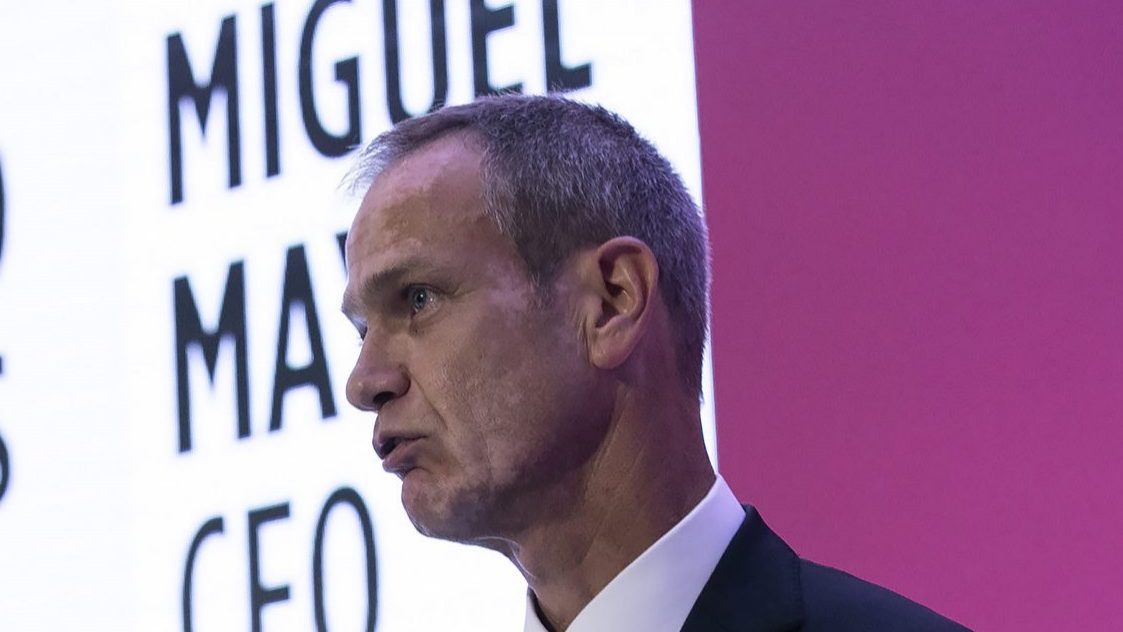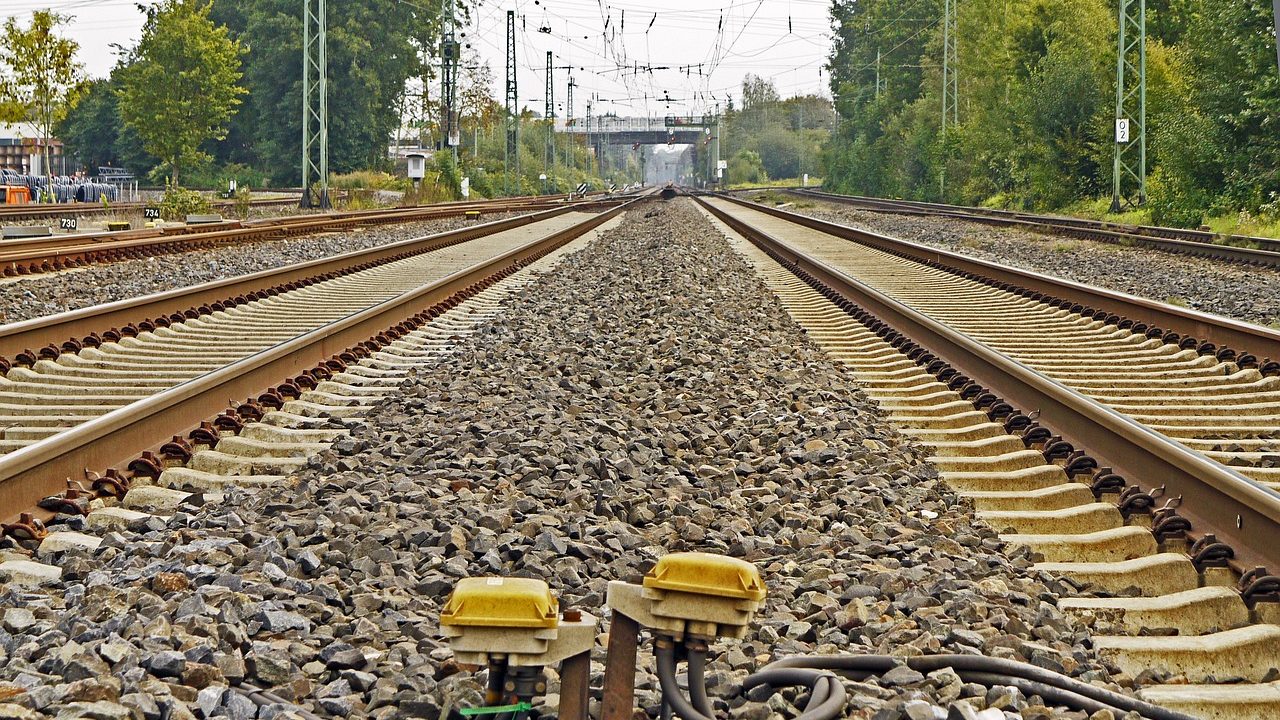Medway consolidates its position in Spain while delays persist in Portugal
The rail freight carrier laments the incoherence of support for the energy transition in Portugal, compared to Spain.
Over six years after buying CP Carga, Medway is increasingly investing in the Spanish market to grow in the business of transporting goods by train. In Portugal, the company is suffering from the effects of the energy crisis, laments the lack of assistance for shifting modes of transport and is being penalised by the works of Ferrovia 2020.
The effects of the energy crisis are the company’s primary concern at present. “Electricity costs have risen 350% compared to those until the end of 2021,” estimates Medway’s general manager. Bruno Silva points out that the electricity price increase was “much higher” than diesel, which is still used in some of the MSC group company’s locomotives.
“We had to pass on some part of the increase in those costs in our prices. Otherwise, we would have put the company in an unsustainable situation. Another part of the increases had to be assumed by us, to minimize the impact for our clients,” details the manager, in an interview with ECO.
Also in the energy field, the company says it has not been possible to access equivalent support to that which has existed for the transportation of cargo by trucks, such as the discount on fuel through the professional diesel system.
For using the train lines, Medway also has to pay a tax, without discounts, to Infraestruturas de Portugal, a kind of “rail toll”. On the other hand, heavy goods vehicles have several price reduction mechanisms at the ex-SCUT tolls.
The difference in treatment leads the manager to criticise the incoherence of the Portuguese Government. “The only support that exists is for road freight transport, despite the Environmental Fund being endowed with nearly €1 billion. There is no support for modal share migration,” he says.
In Spain, he contrasts, “there is ample support for modal migration and a non-discriminatory support to support part of the increases in energy costs, which with diesel are equal for road and rail”. “We may be penalised when these matters are discussed because we are less visible. But it is important that there is this coherence,” explains the general manager.
Material purchase in the equation
The general manager of Medway points out that “in Spain, there is much more demand than supply”. Bruno Silva notes that 70% of rail flows at the border are trains to and from Spain, although only 4% of goods are transported on rails within the country. Even so, “the Spanish state has realised that rail transport can lower costs for society and has created an incentive plan. In Portugal, there is no plan,” Bruno Silva states.
The aid in the neighbouring country also strengthens the ambition to lead the transport of cargo by train in the Iberian Peninsula, where it has a 30% share. Because of this, it has already shown interest in becoming a strategic partner of the freight unit of Renfe (CP’s Spanish counterpart), which has been looking for a partner since the beginning of the year.
Faced with growing market demand, the railway company has rented five electric locomotives from Stadler – used only in Spain – even before the arrival of the 16 units of the Euro6000 series, which will start running between the end of 2023 and the first months of 2024. Also on the order are 113 wagons, manufactured by Tatravagonka.
But the numbers may be insufficient. “After 2024 we will find that these means start to become insufficient,” he anticipates.


